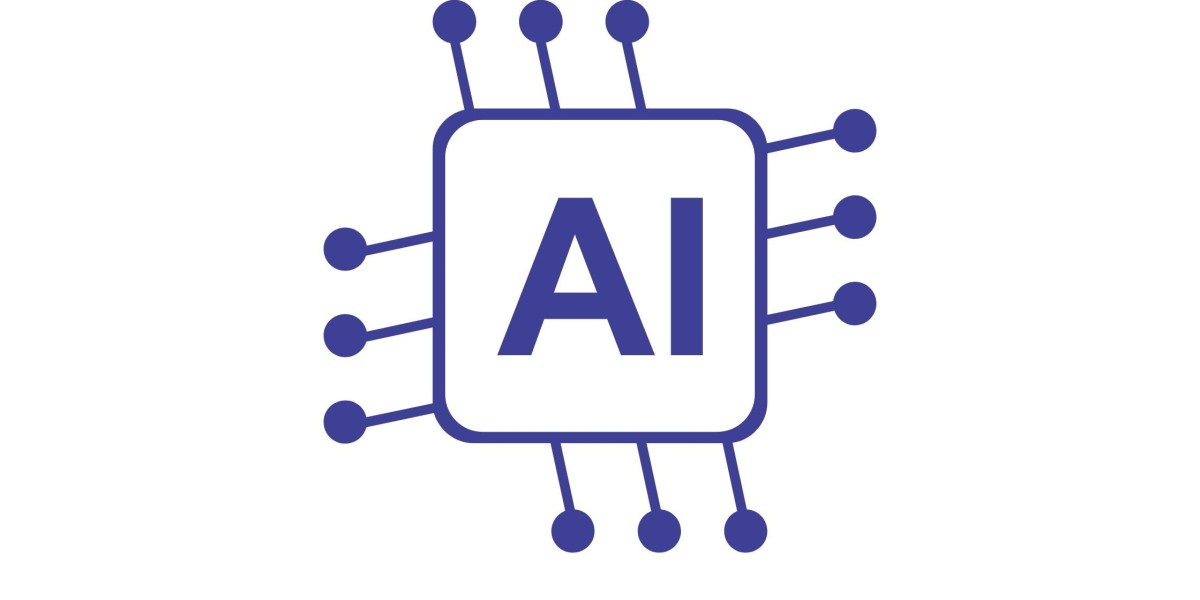AI estimating software is revolutionizing industries like construction, manufacturing, and engineering by providing more accurate, efficient, and data-driven estimates. These tools help businesses forecast costs, resources, and timelines, allowing them to make informed decisions.
This blog will cover the key features necessary for developing AI-based estimating software that can help businesses streamline their estimation processes.
1. Automated Data Collection and Analysis
AI-powered estimating software should be capable of automatically gathering and analyzing data from various sources. This feature eliminates the need for manual data entry, saving time and reducing human error. The system can pull data from past projects, market trends, and even real-time inputs from vendors to provide accurate estimates. Automation not only accelerates the process but also ensures the estimates are based on comprehensive data.
Key Benefits:
- Faster data collection
- Improved accuracy through real-time data
- Reduced chances of human error
2. Predictive Analytics for Cost Estimation
One of the most powerful features of AI estimating software is predictive analytics. AI can analyze historical project data and use it to forecast costs more accurately. By examining patterns from past projects, such as labor costs, material prices, and timeframes, the software can make predictions for future projects.
Key Benefits:
- More accurate cost estimates
- Better forecasting for long-term projects
- Reduces the risk of budget overruns
3. Machine Learning for Continuous Improvement
Machine learning (ML) enables the software to learn from previous projects. Over time, the software will improve its accuracy by analyzing project outcomes and adjusting future estimates. The more the system is used, the more refined and reliable the estimates become. This continuous learning aspect makes the software more effective with every project it handles.
Key Benefits:
- Increasing accuracy with usage
- Continuous learning from past mistakes
- Adaptability to different project types
4. Integration with Existing Software
To fully leverage AI estimating software, it needs to integrate seamlessly with other systems like project management tools, accounting software, and customer relationship management (CRM) platforms. This integration ensures a smooth flow of data, allowing businesses to easily import and export information without manual intervention. Moreover, integration improves collaboration between departments, making it easier to keep everyone on the same page.
Key Benefits:
- Seamless data flow between systems
- Improved collaboration across departments
- Time-saving by reducing manual data entry
5. Customizable Templates and Reports
Each business has its unique requirements for project estimates, so the software should provide customizable templates for various project types. Additionally, the ability to generate detailed reports tailored to the company's needs ensures that stakeholders can easily understand the estimates. Customizable templates allow the software to adapt to the specific needs of each project, while the reporting feature helps in transparent communication.
Key Benefits:
- Tailored estimates for different projects
- Clear communication with stakeholders
- Professional reports that meet company standards
6. Real-Time Collaboration Tools
Modern AI estimating software should include collaboration tools that enable teams to work together in real-time. Multiple team members can contribute to estimates, review changes, and share insights, ensuring that the entire team is aligned. Real-time collaboration improves decision-making and ensures that everyone involved in the project has access to the latest estimates.
Key Benefits:
- Improved team collaboration
- Faster decision-making
- Real-time updates for all team members
7. Cloud-Based Accessibility
Cloud-based AI estimating software allows teams to access the platform from anywhere, making it ideal for businesses with remote or field teams. Cloud-based solutions ensure that all team members, whether they’re in the office or on-site, can access the latest estimates. Additionally, cloud storage ensures that all data is secure and easily accessible.
Key Benefits:
- Remote access for on-site and remote teams
- Data security and backups
- Flexible usage across different devices
8. Accuracy in Resource Allocation
An important feature in AI estimating software is the ability to accurately predict resource requirements. AI can help determine the number of workers, machinery, and materials needed for a project based on historical data. This helps in optimizing resource allocation, reducing wastage, and ensuring that the project runs efficiently without delays due to insufficient resources.
Key Benefits:
- Accurate resource allocation
- Reduced wastage of materials
- Better workforce planning
9. Risk Assessment and Mitigation
AI can also identify potential risks in a project by analyzing historical data and current project conditions. For example, it can forecast delays due to weather, supply chain disruptions, or labor shortages. By assessing risks early, businesses can take proactive measures to mitigate them, ensuring that projects are delivered on time and within budget.
Key Benefits:
- Early identification of potential risks
- Proactive risk mitigation
- Reduced chances of project delays and cost overruns
10. Scalability
AI estimating software should be scalable to accommodate the growing needs of a business. Whether you're handling a small project or a large, multi-phase construction job, the software should be capable of managing the workload. Scalability ensures that as the business grows, the software can handle larger and more complex estimates without a decline in performance.
Key Benefits:
- Suitable for projects of all sizes
- Long-term cost savings as business grows
- Flexibility in handling multiple projects
Conclusion
AI estimating software is a powerful solution for businesses looking to enhance accuracy, efficiency, and decision-making in their project estimates. By integrating key features like automated data collection, predictive analytics, machine learning, and risk assessment, companies can streamline their processes and optimize resource allocation. As AI technology continues to evolve, the benefits will only increase, helping businesses stay competitive in an ever-changing market.
To develop a tailored AI estimating solution that meets your specific needs, partnering with Artificial Intelligence Consulting Services can be a strategic move. Expert guidance ensures that your software is designed to improve efficiency, reduce costs, and drive long-term business success.









